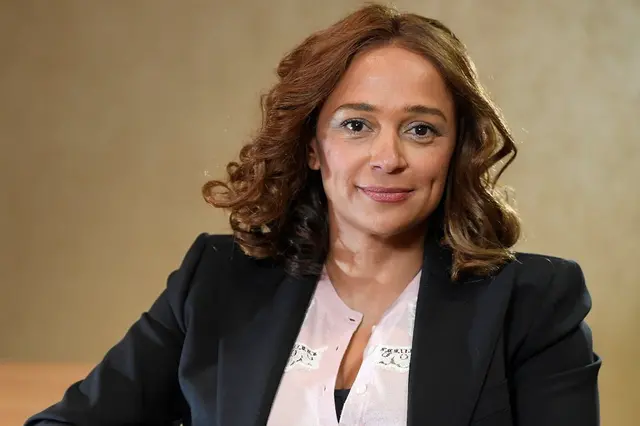Matteo Renzi, the leader of Italy's center-left Democratic Party (PD), the biggest in the ruling coalition, on Wednesday played down the importance of some dissent within his party and went ahead to outline an agenda of reforms that he was urging the country's coalition government to introduce.
Just one day earlier, another leading figure of PD, the party president Gianni Cuperlo, resigned amid controversy over a proposed new election law that Renzi presented as the result of a compromise agreement reached last weekend with former prime minister Silvio Berlusconi.
Cuperlo, who was defeated last December in a primary against Renzi and another candidate to lead Italy's largest party, said that he was abandoning the post because he felt "alarmed" at the direction of PD.
The PD leftwing minority had been critical of the proposed law and especially of Renzi's talks with Berlusconi. The Cuperlo-led group saw the collaboration as a form of political rehabilitation for the media tycoon, who was ejected from parliament last year after a definitive tax fraud conviction but is still the leader of the main opposition party, center-right Forza Italia (FI).
Renzi's proposed voting system, which started its parliamentary procedure on Wednesday, would feature a significant bonus for the winning coalition, while voters would not have the opportunity to express preferences for the candidates on party lists.
"Renzi sought a change after political parties had failed for years to find an agreement on a new voting system. He had a mandate to negotiate and he has reached an agreement," a political commentator of La Stampa newspaper, Jacopo Iacoboni, said.
In his view, a PD split was not likely to happen. "Italy's left parties have historically experienced strong internal dissent but they used to always recompose at the end thanks to their corporate logics," he noted. "What makes the difference now is Renzi who has marked a break with tradition," Iacoboni added. "As a consequence, Cuperlo really quit," he said in an interview.
Another columnist, Antonio Polito, agreed that the two personalities were representative of "almost antipodal concepts of what a party is."
"While Renzi thinks he was elected to lead the PD and has a right to do so, the old party leadership which was used to govern since the dawn of time is not able to be in the minority," he wrote on Corriere della Sera newspaper. In his view, it was "not presumable that Renzi and Cuperlo could coexist for a long time as the PD secretary and president."
But through Cuperlo's decision made the headlines on Wednesday, Renzi reaffirmed through some members of his entourage after a new party meeting held early in the day that there was no time to lose.
"There is no risk of a crack. We will overcome this situation, which does not seem very dramatic," the spokesman for the PD secretary Lorenzo Guerini told journalists.
Beside a new election system to replace the old one, blamed for frequent political instability and declared invalid by the Constitutional Court, the 39-year-old mayor of Florence has put on top of his coalition agenda a labor program to tackle Italy's record high unemployment levels.
Renzi has constantly criticized the government's inactivity warning that Italy was in desperate need of concrete action to exit its economic and social stagnation and that "the time has come to show that politics is not just talk, talk and talk."
The PD leader has repeatedly denied speculations that he wanted to pass the new election law to provoke a fresh vote in the hope of taking the place of his party fellow Enrico Letta at the helm of government, and has promised that he would continue to support the left-right coalition if Letta manages to enact the much-needed reforms.
 简体中文
简体中文

